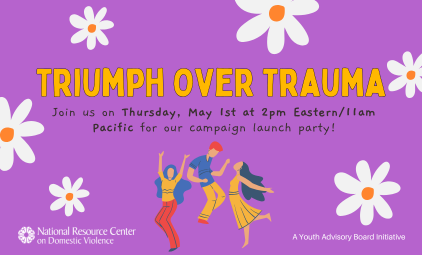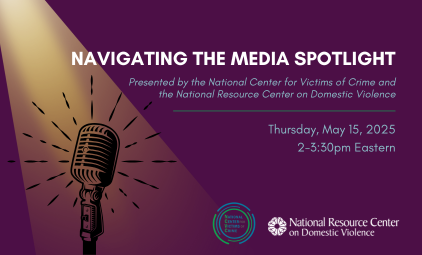Gender-based violence organizations have a responsibility and an opportunity to support the survivors on their staff on their healing journey by creating survivor-centered workplaces that help staff stay employed and support their financial security and long-term safety. In the November TAQ, guest authors from FreeFrom outline actionable recommendations for how organizations can start building survivor-centered workplaces.
VAWnet News Blog
The National Resource Center on Domestic Violence (NRCDV), National AI/AN Women’s Resource Center (NIWRC) and the Alaska Native Women’s Resource Center (AKNWRC) convened a workgroup of gender-based violence and housing advocates from Indian country to reflect on the needs of AI/AN survivors. This TAQ outlines some of the needs identified in the workgroup.
Health is a basic human right and need. The September TA Question of the Month shares select highlights from a newly released paper on health equity co-authored by staff at the National Resource Center on Domestic Violence and National Sexual Violence Resource Center.
Survivors need flexible, affordable, and safe housing options to achieve safety and lasting stability. The August 2021 TAQ explores how faith leaders can work to address domestic violence and support the housing needs of survivors in their communities.
Meeting the immediate needs of the community in the pandemic has a lot to do with preventing sexual violence. The July 2021 TAQ explores the ways in which sexual violence prevention work has shifted in response to lessons learned from COVID-19.
IPV programs must understand oppression AND have processes in place that assess for power imbalances in individual relationships in order to competently serve male-identified individuals, survivors of diverse racial and ethnic backgrounds, and people of all genders. This month's TAQ outlines what programs need to know about coercive control to ensure inclusive supports for survivors of all genders.




















